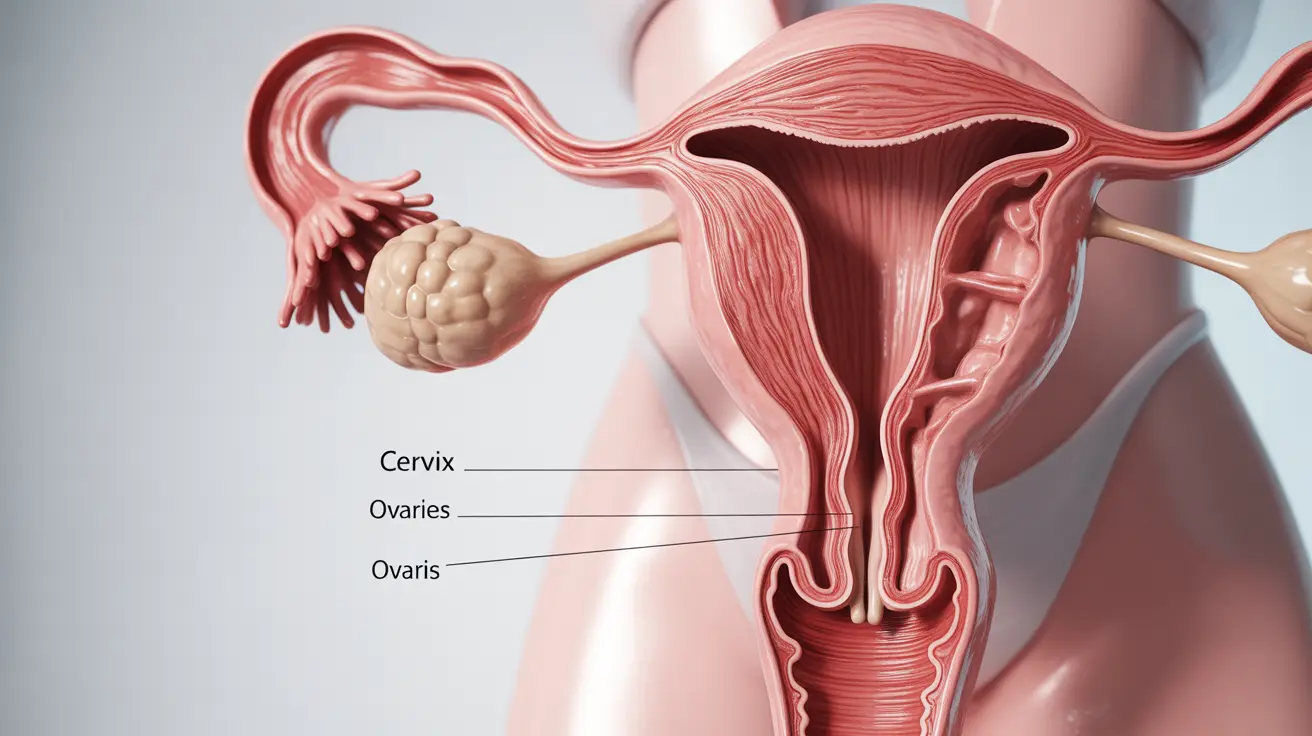Many women rely on regular Pap smears as part of their reproductive health screening, but there's often confusion about exactly what these tests can detect. Understanding the capabilities and limitations of Pap smear testing is crucial for maintaining comprehensive women's health care.
While Pap smears are invaluable for cervical cancer screening, it's essential to know that they serve a specific purpose and cannot detect all gynecological cancers. Let's explore the relationship between Pap smears and ovarian cancer detection, and understand what screening methods are actually effective for ovarian cancer.
The Limitations of Pap Smear Testing
A Pap smear is specifically designed to collect and examine cells from the cervix, which is the lower part of the uterus. During this procedure, healthcare providers collect cells from the surface of the cervix to check for precancerous or cancerous changes that could indicate cervical cancer.
However, the ovaries are located in a completely different area of the reproductive system, far from where Pap smear samples are collected. This physical separation means that ovarian cells are not included in the sample, making it impossible for a Pap smear to detect ovarian cancer.
Current Methods for Ovarian Cancer Screening
Physical Examination
Healthcare providers may perform a pelvic exam to feel for any abnormalities in the ovaries. While this can detect some masses, it's not always reliable for early-stage ovarian cancer detection.
Transvaginal Ultrasound
This imaging technique allows doctors to visualize the ovaries and surrounding structures, potentially identifying suspicious masses or changes in ovarian size and shape.
CA-125 Blood Test
This blood test measures levels of CA-125, a protein that can be elevated in women with ovarian cancer. However, it's important to note that CA-125 levels can also be elevated due to other conditions, making this test not specific enough for routine screening.
Monitoring Ovarian Health
Since Pap smears cannot detect ovarian cancer, it's crucial for women to be proactive about their ovarian health in other ways:
- Know your family history of ovarian and breast cancer
- Be aware of ovarian cancer symptoms, including bloating, pelvic pain, and changes in appetite
- Maintain regular gynecological check-ups
- Discuss any concerning symptoms with your healthcare provider promptly
- Consider genetic testing if you have a strong family history of ovarian cancer
Emerging Detection Methods
Research continues to develop more effective screening methods for ovarian cancer. Scientists are investigating new blood-based biomarkers, advanced imaging techniques, and combination screening approaches that might help detect ovarian cancer at earlier stages.
Frequently Asked Questions
- Can a Pap smear detect ovarian cancer during routine screening?
No, a Pap smear cannot detect ovarian cancer. The test only collects cells from the cervix and cannot reach or sample cells from the ovaries, which are located in a different area of the reproductive system.
- What are the current methods available to screen for ovarian cancer?
Current screening methods include transvaginal ultrasound, CA-125 blood tests, and regular pelvic examinations. However, none of these methods alone is perfect for early detection, which is why they're often used in combination.
- Why is a Pap smear not effective for detecting ovarian cancer?
Pap smears only collect cells from the cervix, while the ovaries are located higher in the pelvis. The physical distance between these organs means that ovarian cells are not included in the Pap smear sample.
- Are there any new or experimental tests that can help detect ovarian cancer earlier?
Researchers are developing new blood-based biomarkers and advanced imaging techniques. Some promising areas include multi-marker blood tests and artificial intelligence-assisted imaging analysis, though these are still in development.
- If a Pap smear cannot detect ovarian cancer, what should women do to monitor their ovarian health?
Women should maintain regular gynecological check-ups, be aware of ovarian cancer symptoms, know their family history, discuss any concerns with their healthcare provider, and consider genetic testing if they have a strong family history of ovarian cancer.




